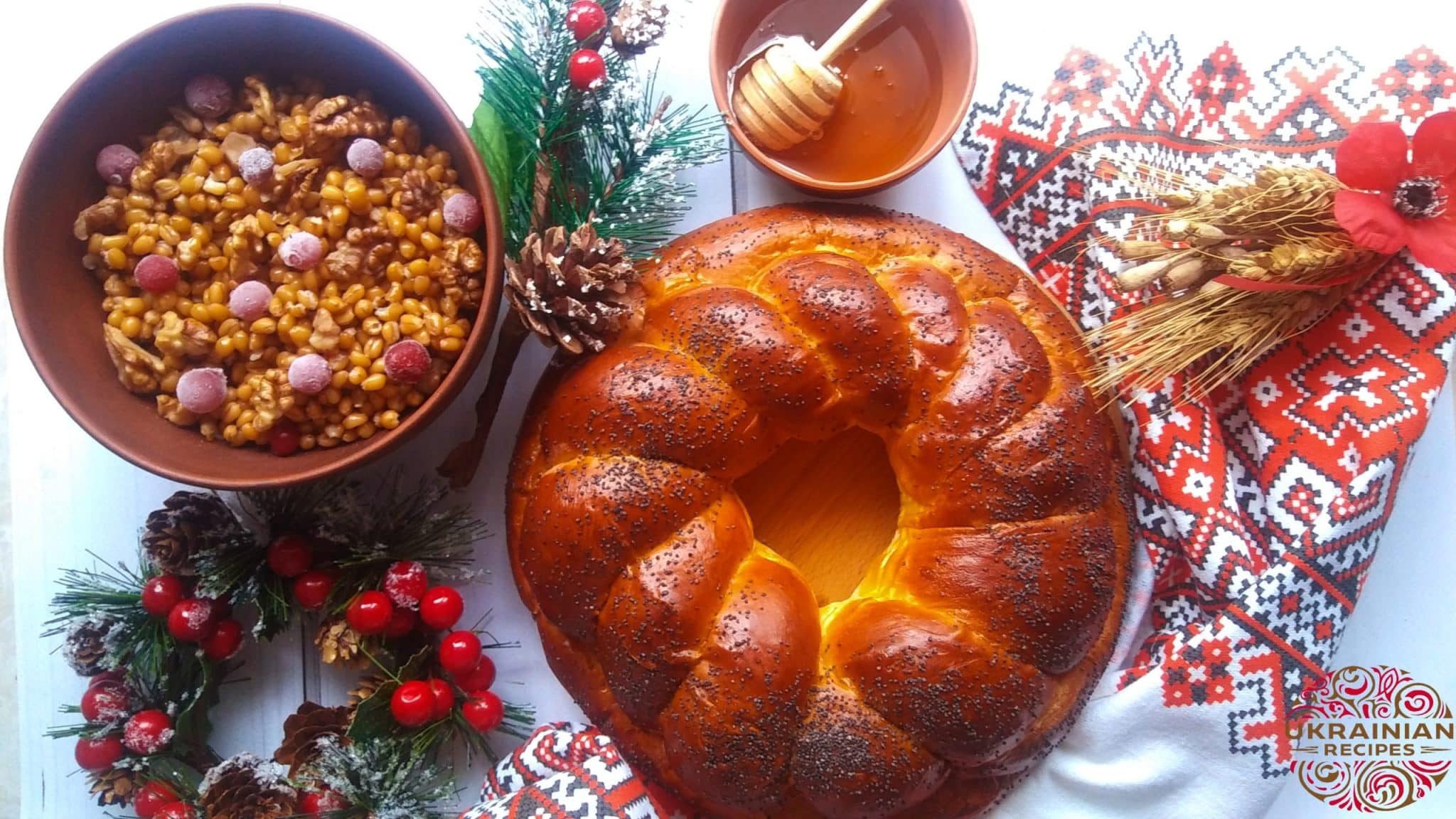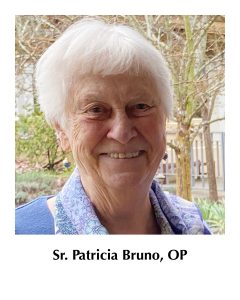- All
- Wisdom
- We Stand on Their Shoulders
- Vocation
- Uncategorized
- Stories Seldom Heard
- Spirituality
- Social Justice
- Prayer
- Peace
- Oneness
- Love
- Letting Go
- Lent
- Joy
- Inspirational Images
- Hope / Healing
- Holy Week
- Gratefulness
- God's Presence
- General News Stories
- Forgiveness
- Finding God
- Faith
- Easter
- Dominican Saints
- Discipleship
- Courage
- Christmas
- Catholic Sisters Week
- Care of the Earth
- Blessing
- Beauty
- Advent
- #justiceOPportunity
Feast of the Epiphany
Sr. Patricia Bruno, OP

282nd Edition – January 6, 2023
Feast of the Epiphany
 The word epiphany has two meanings. When Epiphany is capitalized it refers to the manifestation of Christ to the Gentiles. In lower case, it is often used to refer to a significant insight or dramatic moment in a person’s life that affects a major change in behavior or perspective. On December 22 we received a letter from our brother Father Jaroslaw Krawiec OP, a Dominican priest who lives in Ukraine. My hope is that his letter will be for each of us an epiphany. His letter begins:
The word epiphany has two meanings. When Epiphany is capitalized it refers to the manifestation of Christ to the Gentiles. In lower case, it is often used to refer to a significant insight or dramatic moment in a person’s life that affects a major change in behavior or perspective. On December 22 we received a letter from our brother Father Jaroslaw Krawiec OP, a Dominican priest who lives in Ukraine. My hope is that his letter will be for each of us an epiphany. His letter begins:
I never thought that one could long for lights. When I got off the Kyiv train in
Warsaw, I was surprised by the festival of brightly lit streets, buildings, and,
above all, colorful Christmas decorations. When you add to it the snow that
just fell in Poland in abundant supply, it all looked like a New Year’s fairytale.
In Ukraine, the last couple of months have been getting colder and darker… I
squint my eyes in disbelief when looking at the bright streets and storefronts
(in Warsaw) as well as entering warm houses and priories abroad.
Father Jaroslaw goes on to explain that in Ukraine there are many discussions about how Christmas is to be celebrated in the midst of a devastating war. One that captured the religious imagination of the mayor and those living in Kyiv is, as Father states: “Our children should be able to have festivities! The children should not be deprived of Christmas. This is exactly what we are fighting for, a normal life for our families!”
Near the Kyiv Christmas tree, there are cement blocks that had been positioned across the street as a barricade, but for now, they have become an artistic project called, “Children shouldn’t see the war.” The authors want to spare the youngest inhabitants of the city the painful experience of seeing a landscape of war during the holidays. This is important since Kyiv now hosts a couple hundred thousand people who have escaped from destroyed cities and villages. This is also the way in which the initiators of this project want to raise funds to help children who have lost one or both parents as a result of the war.
Father Jaroslaw describes the Ukrainian Christmas as one wrapped in darkness. Some families will be fortunate enough to have their tables lit by candles even though the fare will not be plentiful. They will continue their tradition of leaving an empty space at the table for an unexpected guest. But this year the empty spaces will burn with the pain of loss. Some women and men are fighting on the front lines or serving as doctors. Others are imprisoned, missing in action or killed as a result of the war. There will also be phone calls from those who have fled and who are far away from their families.
Even though fear and sadness linger in their hearts, Ukrainians are known for their love of singing. This Christmas will be no different. In church and in small gatherings around the dinner tables, songs will be reverently sung. For the older generation, however, one song will echo in their hearts and stir painful memories of Christmas 1946. It was during World War II when the communists were conducting mass arrests and deportations of Ukrainians to Siberia. The Soviet Union officially forbade the singing of this Christmas Carol: “Sad Holy Evening of 1946″. It tells the story of the tragic times after the Second World War. Yet, as in 2023, the carol ends with a confirmed sense of hope as the singers call to God for help:
Jesus our God,
reach down to us.
Let us see all our loved ones,
around the holiday table.
To those killed fighting,
our heroes,
grant, merciful God,
eternity in your kingdom.
Sad Holy Evening,
in nineteen forty-six
across our Ukraine
crying everywhere.
Father Jaroslaw shares one of his epiphanies as he reflects on his experiences. In one way it is not new, but considering the circumstances, it has fresh meaning:
The war taught me that the best thing I can give to my neighbors is not things, money, shelter, wise homilies, or comforting words, but my presence. It doesn’t take a war, however, to know how bitter the taste of loneliness is and how much it means to give oneself as a gift. To see it, however, one probably needs a little bit of a child’s sensitivity and hope. “Love is very womanly, faith is very manly, only hope is still like a child. Only thanks to this hope will the Christian commandment begin to be fulfilled: You must become like children.” (Franz Rosenzweig)
Father Jaroslaw ends his letter with a Ukrainian and Polish tradition. Symbolically he breaks the host and shares the kutya, (1) wishing each of us true peace: “After all, Christmas is the memorial of the birthday of our Savior! Let’s not be sad and disappointed, but always full of “‘hope that cannot fail’” (Rom 5:5). Let us celebrate the coming of the Lord with joy.”
We, too, know that presence is healing, supportive and life-giving. We, too, live by hope. As we face the chaos of our world let us be bold and share whatever hope we hold.
I have a small grain of hope—
one small crystal that gleams
clear colors out of transparency.
I need more.
I break off a fragment
to send you.
Please take
this grain of a grain of hope
so that mine won’t shrink.
Please share your fragment
so that yours will grow.
Only so, by division,
will hope increase,
like a clump of irises, which will cease to flower
unless you distribute
the clustered roots, unlikely source—
clumsy and earth-covered—
of grace.
Denise Levertov
Footnote
1. Kutya is called God’s dish. It is made with wheat grains, poppy seeds, honey, and apple. It is a symbol of hope and the unity of past and coming generations
